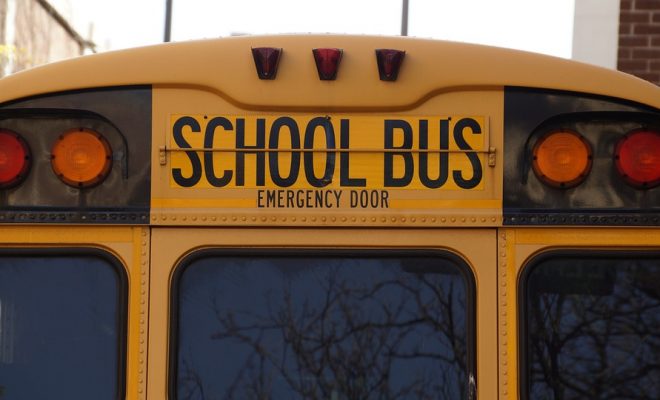What Stakeholders Should Know About the Assessment of Young Children

The early childhood period helps lay a foundation for future learning and ranks students on the path to academic success. It is key to use assessments to measure the efficiency of kids mastering the skills and ideas introduced to them. This article will discuss what parents and educators think about assessing young kids.
What is assessment?
Assessment is the means of collecting information and data to make decisions about young kids. When applied skillfully and multidisciplinary, this process is alright and based on childhood’s daily demands or tasks.
The best assessment system is understandable. The assessment produces information about all developmental areas: linguistics, motoric, cognitive, etc.
Is assessment the same or different from a test?
A test is a possible assessment source to measure learning skills, knowledge, development, aptitudes, etc. Assessment is a process where information is converted to make decisions about kids.
What assessment methods are most suitable for infants and toddlers? Preschoolers? School-age kids?
Various assessment methods address every area of early childhood education. But, observation is the most recommended one.
Infants and toddlers:
The assessment method best applicable for this category of people is observation. Knowing about the child, past experiences with other kids, and infant/toddler development knowledge allows guardians to review and modify their course of action.
Preschoolers:
The best assessment method recommended for preschoolers is observation. An informed observation consists of child development, curricular goals, and expected learning outcomes.
School-age kids:
The assessment method best applicable for school-age kids is first observation, then the potential use of testing instruments.
How should you use your knowledge of child development in an assessment?
Educators should use their knowledge of child development to compare assessment details with average child development and their past experiences with kids.
What should parents, principals, and others know about assessment?
It is important to identify that each stakeholder – parents, principals, or others- has different assessment needs. Parents, for example, always want to know the development of their kids’ learning. They also seek to know informed opinions shared by their kids’ caregivers and educators through formal and informal conversations and reports. Educators and specialists need to take cognizance of this information to keep programs running well for their kids. Administrators and legislators are to be held accountable for the development of group kids and know what works and doesn’t work in their policies.






